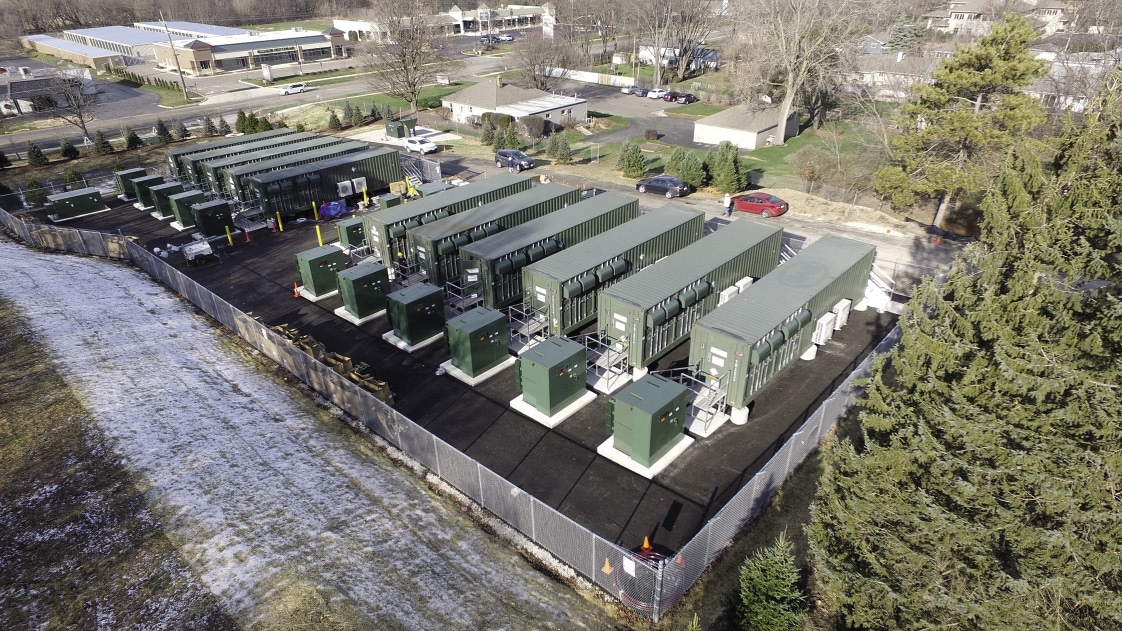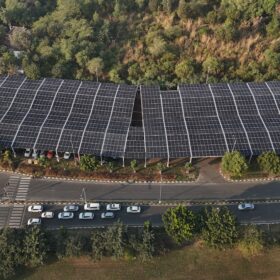JSW Energy announced this week its step-down subsidiary JSW Renew Energy Five has received Letter of Awards for a total of 500 MW/1 GWh standalone battery energy storage systems from the Solar Energy Corp. of India Ltd (SECI). JSW Renew Energy Five will set up the battery storage as two projects of 250 MW/500 MWh each.
SECI will sign a 12-year battery energy storage purchase agreement with JSW Energy or its arm. Under the agreement, JSW will receive a fixed capacity charge of INR 10.8 lakh per MW per month for twelve years.
SECI is obligated to off-take 60% of the project capacity/energy and utilization of the remaining 40% capacity is to be managed by JSW Energy.
The LoA for battery energy storage system marks JSW Energy’s foray into energy storage solutions. JSW Energy will set up the battery energy storage system in Rajasthan, close to the Fatehgarh-III substations of the interstate power transmission system.
JSW Energy began commercial operations in 2000, with the commissioning of its first 2×130 MW thermal power plants at Vijayanagar, Karnataka. Since then, the company has enhanced its power generation capacity to 4,811 MW comprising thermal 3,158 MW, hydel 1,391 MW and solar 235 MW. The company is presently constructing various renewable power projects to the tune of 2.2 GW, and targets to achieve a total power generation capacity of 20 GW by the year 2030, with renewables accounting for 81% share of the total capacity.
JSW Energy aims for a 50% reduction in its carbon footprint by 2030 and carbon neutrality by 2050 by transitioning towards renewable energy.
This content is protected by copyright and may not be reused. If you want to cooperate with us and would like to reuse some of our content, please contact: editors@pv-magazine.com.









BESS Investor for Projects in South Africa